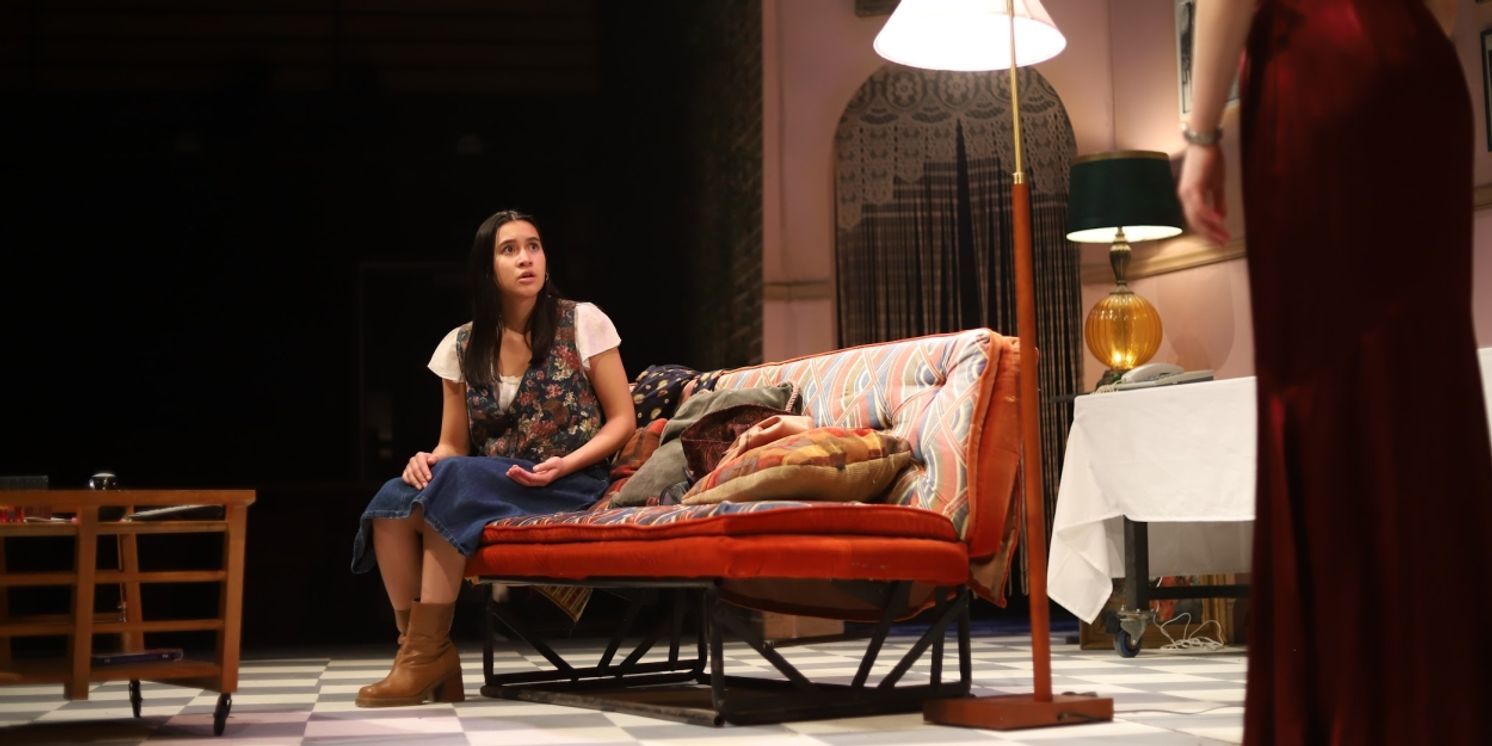Student Blog: Navigating College in the Rise of GenAI
An exploration of the relationship between artificial intelligence and artistic creation.

“Maintaining academic integrity means upholding honesty, responsibility, and respect in all my academic pursuits. As a Theatre and Performing Arts Management senior at the University of Michigan, I approach my studies and extracurricular roles—whether as a director, dramaturg, or artistic director—with a commitment to ethical practices. To me, academic integrity is about valuing original thought, giving credit where it is due, and fostering an environment where collaboration and creativity thrive within the boundaries of fairness. Whether writing research papers, producing accessible theatre, or leading philanthropic initiatives, I strive to embody integrity by holding myself accountable, respecting the intellectual property of others, and contributing to a culture of trust and excellence in the performing arts.”
–ChatGPT, when prompted to answer this month’s BroadwayWorld student blogger prompt based on its established knowledge of me as a person
Since the beginning of my college experience, generative artificial intelligence has gained significant prominence in academic circles – especially among college students. I’ve often found myself sitting in seminars glancing to my right and left, watching my fellow students use ChatGPT for a variety of tasks. From summarizing sixty-page readings to proofreading, it’s undeniable that GenAI can be a useful and ethical tool if used well. However, the introduction of ChatGPT and similar programs, especially in the artistic community, presents some real challenges that have the potential to threaten our industry.
As a student in the arts, I often try to remind myself that one of my greatest strengths is the ability to create. Whether it’s in a producing, directorial, or dramaturgical context, the value of my work is rooted in its originality. One of the greatest joys of theatre as an art form is the opportunity to engage with so much free thought and individual vision – both of which are entirely dependent on the originality of the artist’s expression. If we start plagiarizing each other or relying primarily on technology to generate ideas for us, we put the entire art form of theatre at risk.
To maintain my academic and artistic integrity, I try to serve as a model for how I hope my peers and future college students will approach this issue. Seeking critical feedback from peers and using AI for tasks like grammar-checking can be valuable, but I always try to remind myself that the most valuable voice I can incorporate into my work is mine. If I ever feel as though I am leaning too heavily on my external resources, I’m quick to self-correct and remind myself that practicing the act of creating through my schoolwork can only help improve my professional work down the line. Preserving the integrity of our training and professional opportunities is of the utmost importance in the arts. What’s the point of pursuing higher education in a field you’re passionate about if you aren’t willing to put in the work?
Photo Credit: Student photographer at the University of Michigan, Ellie Vice.
Videos


